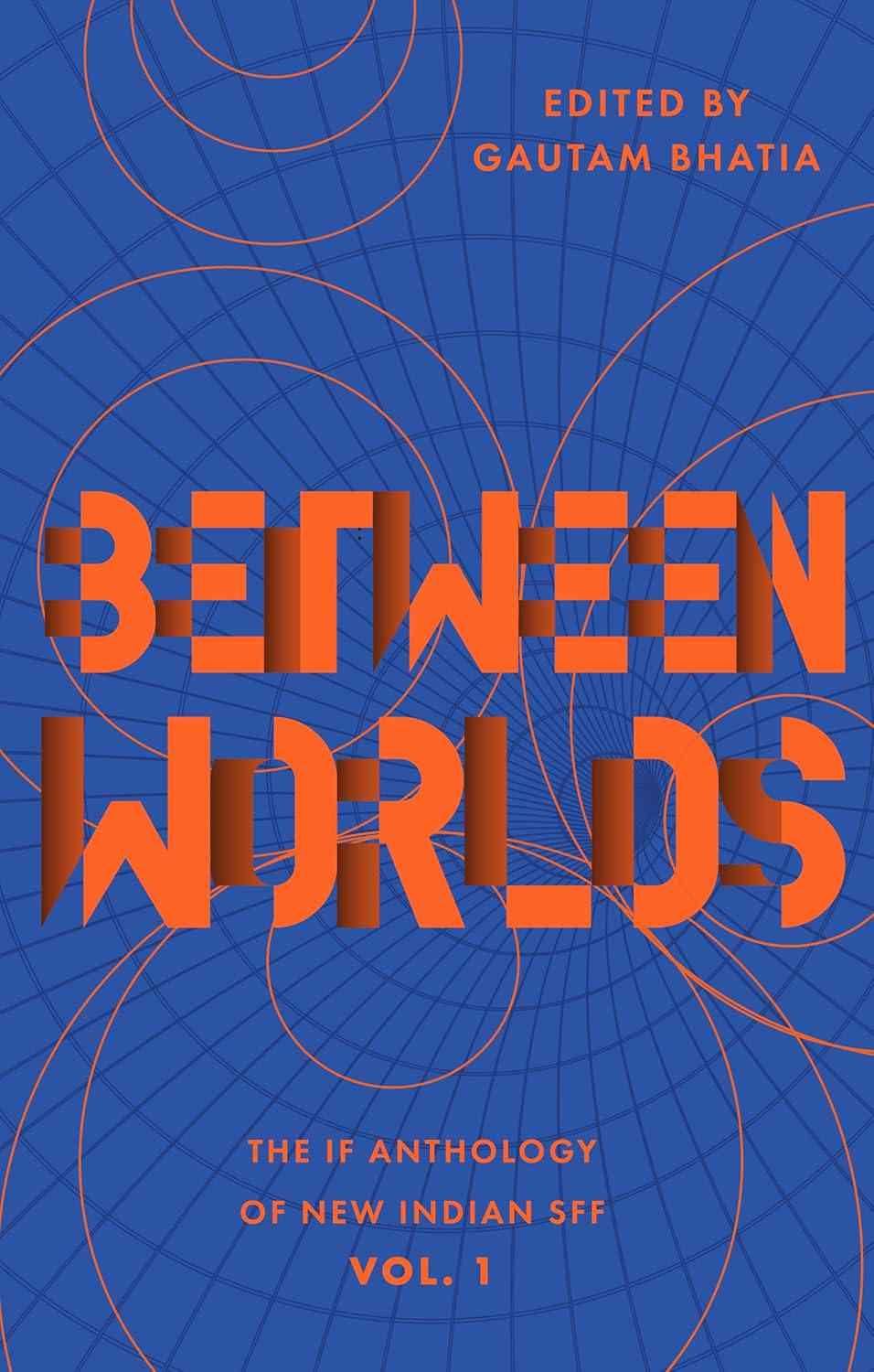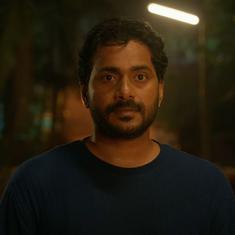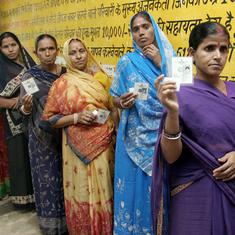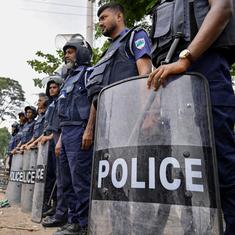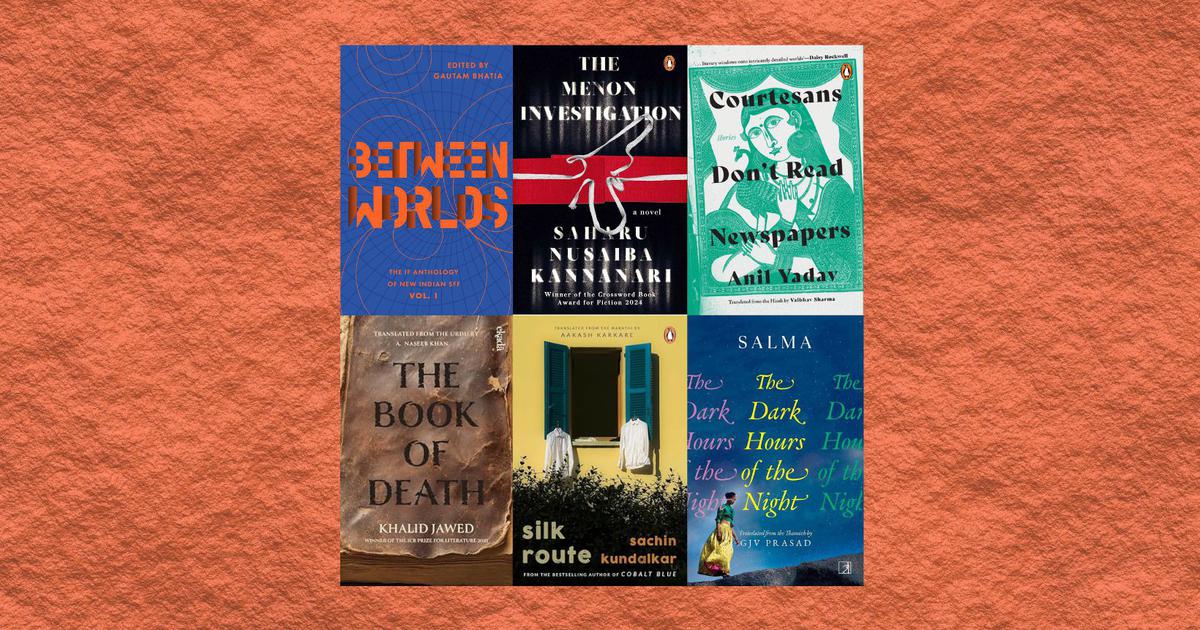All information sourced from publishers.
The Menon Investigation, Saharu Nusaiba Kannanari
When Inspector General Vijay Menon reopens the old file of a police officer’s murder, he expects dead ends and faded trails. But as chance conspires with his investigative instincts, the case begins to crack open, leading him not only to the culprits but to truths far more unsettling. What begins as the pursuit of justice quickly transforms into a personal reckoning for Vijay as the crime he thought he was solving turns into his own trial, dismantling the fictions of who he thinks he is and what he stands for.
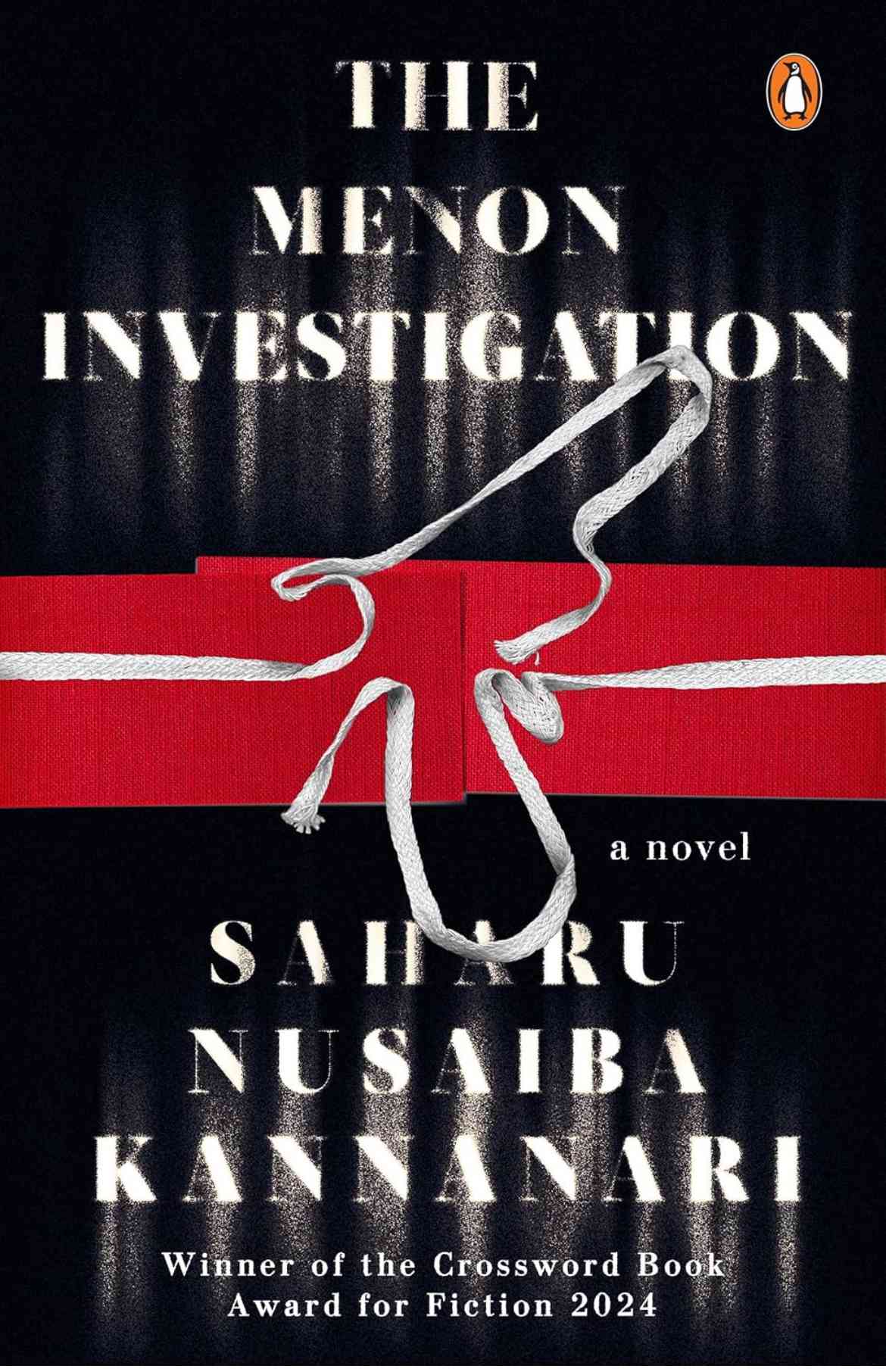
The Book of Death, Khalid Jawed, translated from the Urdu by A Naseeb Khan
The narrator goes to Gilgitia Til Mas to research whether two multinational firms could set up steel plants there. He finds out that years before this, an international archaeological institute had sent a six-member team to this region, where a small city named Girgita Til Mas existed about two hundred years ago. It was particularly renowned for a mental asylum. The city was purposefully submerged in water for the construction of a hydroelectric dam by the central government.
However, due to the ecological imbalance, all the rivers in the region either dried up or changed their courses. Mountainous terrain transformed into plains, and the power plant became as useless as a limb without function, so it was demolished. The city resurfaced with its ruins and debris. It was established that a mental asylum once existed at this site. The narrator found a manuscript among its ruins, which is at the heart of this novel.
Interested in ancient manuscripts, the narrator sets out to decipher a madman’s diary, a man who suffered a severe injury to his head in his mother's womb at the hands of his violent father. This diary is the story within the story. As it unravels, our second narrator’s relationship with his abusive father, his constant companion, the idea of self-harm, the two women in his life, and the terrifying void that swirls around him introduces us to the most striking aspect of Khalid Jawed’s writing: the crackling mix of metaphysics and banality.
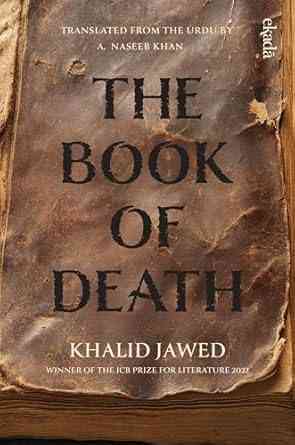
Courtesans Don’t Read Newspapers, Anil Yadav, translated from the Hindi by Vaibhav Sharma
In “Courtesans Don’t Read Newspapers”, a reporter faces the moral dilemma of reporting a conspiracy threatening the existence of a colony of prostitutes. “Lord Almighty…” is a socio-political take on the condition of those on the fringes of society, where a riot can both destroy and save them. In “The Magic of Certain Old Clothes”, vanity is explored subtly through secondhand clothes. “The Folk Singer’s Swan Song” tells the story of a singer whose music gets inextricably linked to politics and power. “RJ Saheb’s Radio” delves into the themes of past and present, the rich and the poor. The road to the other world is a poignant tale of loss, a story of a memory.
Strange things make complete sense in Yadav’s stories. You imagine that this is a different world, but it’s the same world with a deeper, sharper, more focused lens.
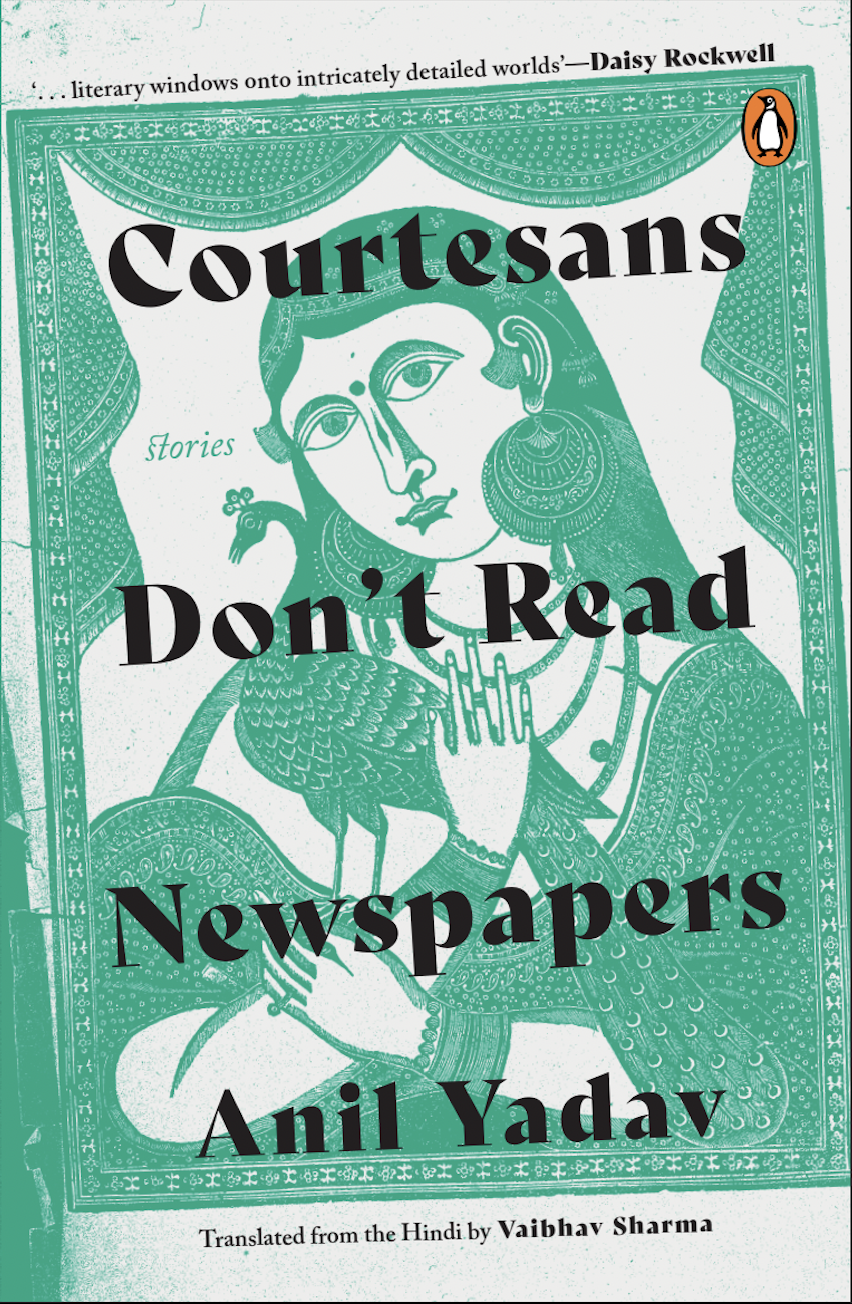
Silk Route, Sachin Kundalkar, translated from the Marathi by Akash Karkare
Nishikant leads a quiet life, going for long walks around Pune with his older sister, fantasising about the handsome next-door neighbour and lingering in bookstores while dreaming of being a writer. But when a love affair claims his sister’s life and takes the handsome neighbour far away from him, his middle-class parents pack him off to Mumbai to shield him from the scandal. Through his relationships with Shiv in Mumbai, and later with Sreenivas, in London, Nishikant is able to break apart the shackles his past has placed on him. When Nishikant moves back to Mumbai, he has become a writer and a professor and the only escape from his solitary existence is the long letters he receives from Srinivas, until one day, Sreenivas disappears mysteriously.
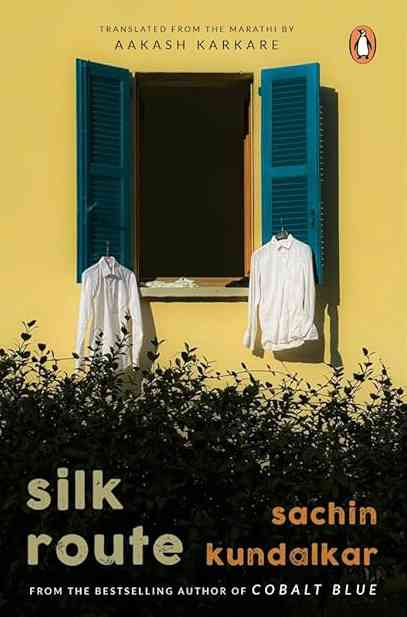
The Dark Hours of the Night, Salma, translated from the Thamizh by GJV Prasad
Rabia is growing up in a conservative family in Tamil Nadu. She is subject to all the restrictions that young girls in orthodox families experience, and looking forward, with some nervous excitement, to all the changes that puberty may bring to her life.
She does what all teens do – sneaks off to see a movie with friends, plays till the cows come home, and shares everything with her best friend, Mathina. Except the news of her Firdaus Chitti’s failed marriage. But the family is already gearing up for another wedding. Rabia doesn’t like the man chosen for Wahida Akka, though she dares not say a word.
When people talk to her about one of the boys, Ahmad, as her chosen one, she is overcome by confusion. Does this mean she’ll have to confine herself to her home now? Amid all this, a family secret is unearthed, threatening to undo them all.
Will Rabia be able to complete her education? Will the joint family survive the pressures of the world? Will patriarchy be unyielding even when men going out of town and country change their lifestyles and partners with ease?
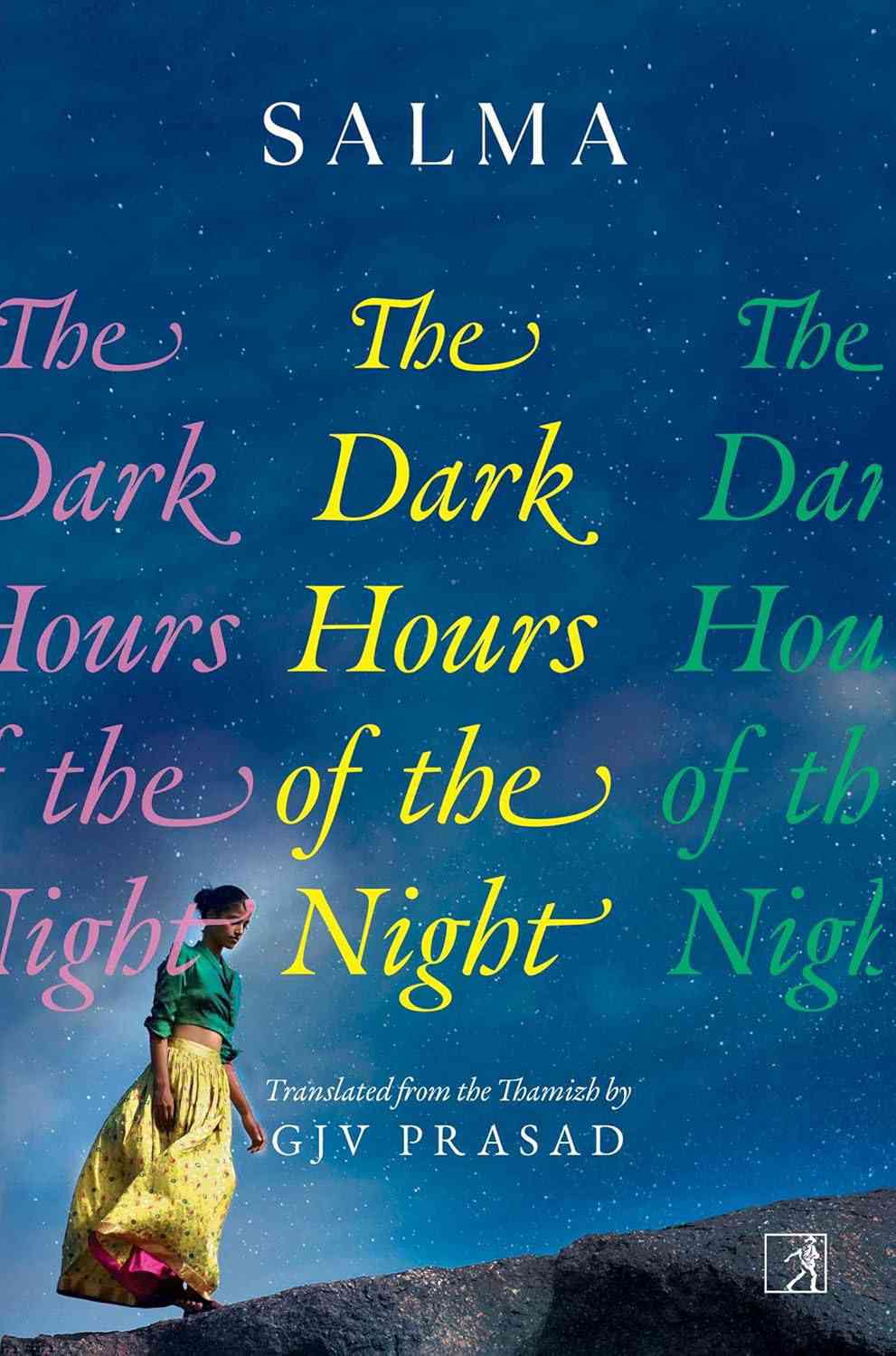
Between Worlds: The IF Anthology of New Indian SFF, Vol 1, Gautam Bhatia
Between Worlds is the introductory IF anthology of new SFF writing. Eschewing the model of commissioning stories to collect a best of, this anthology seeks to ask, with curiosity, What’s out there?
Curated by Gautam Bhatia, it showcases the vibrant and diverse voices shaping Indian speculative fiction today.
Blending the surreal with the urgent, these original stories traverse memory and identity, rebellion and love, from queer inter-species romance to interplanetary sleuthing. Alongside the fantastical, the collection confronts the very real-climate catastrophe, AI, surveillance and capitalism-offering bold, unexpected visions from the liminal spaces of Indian SF.
